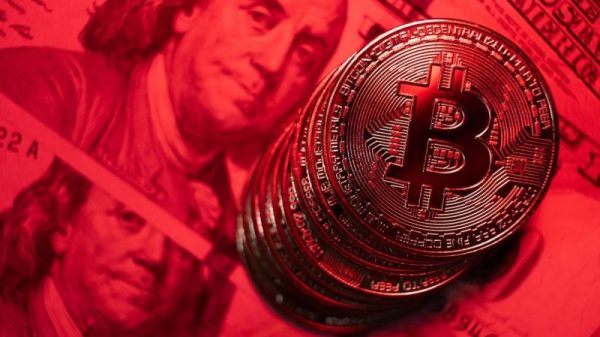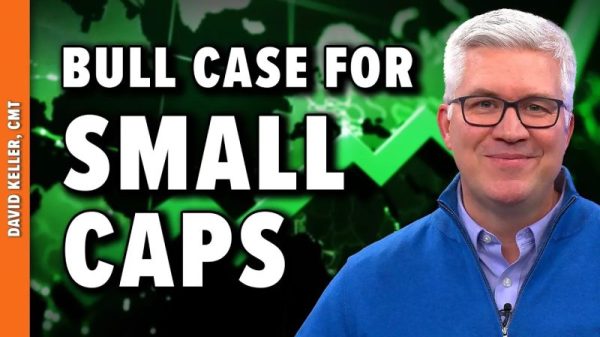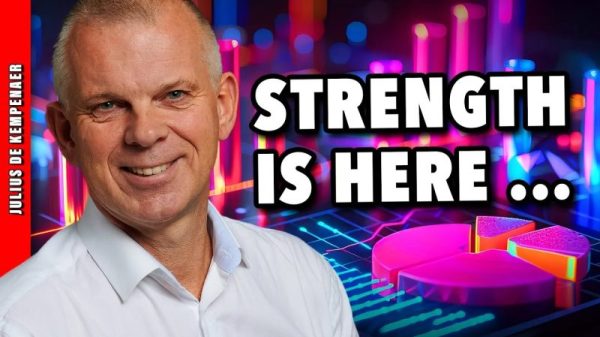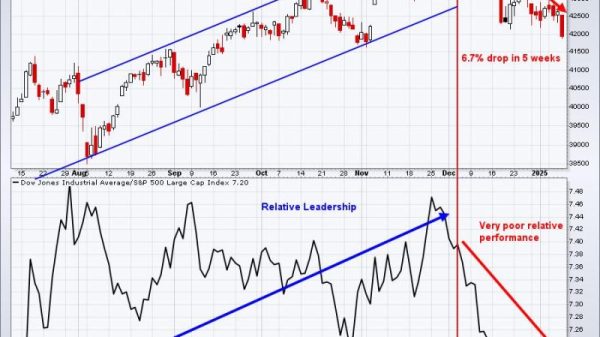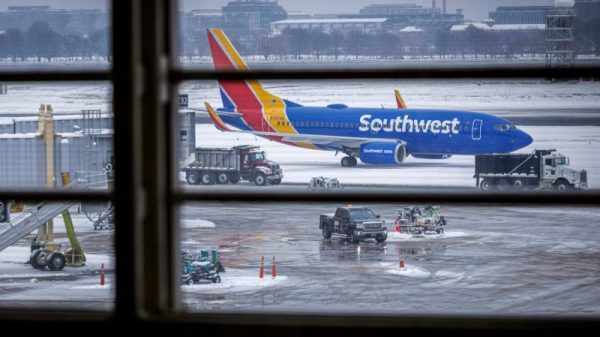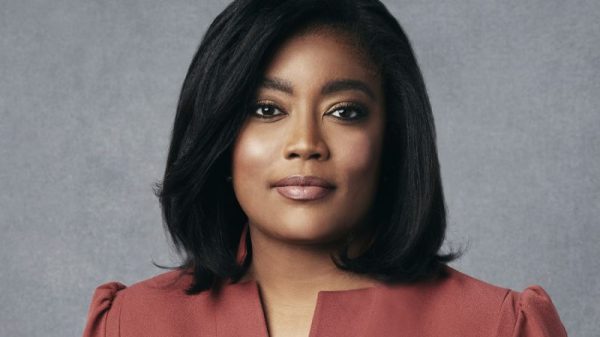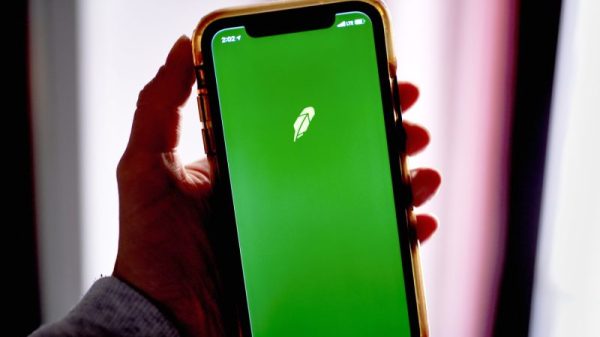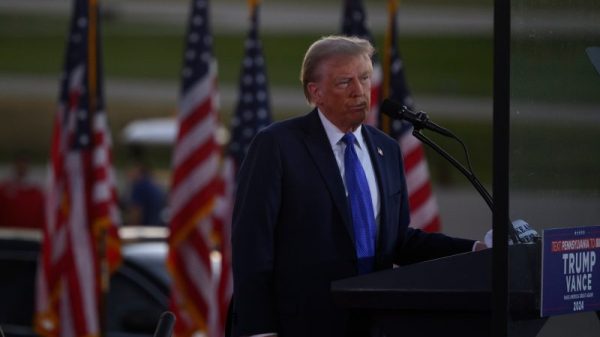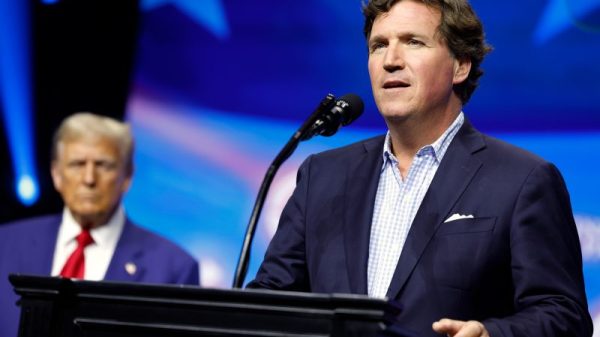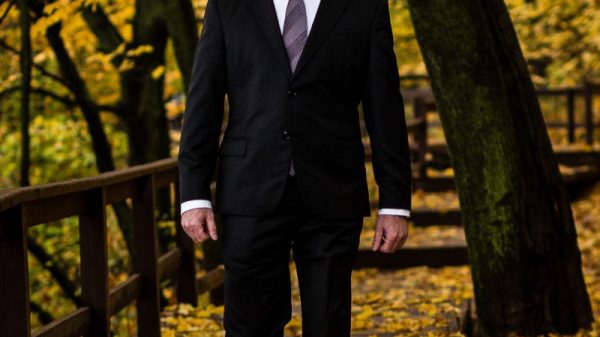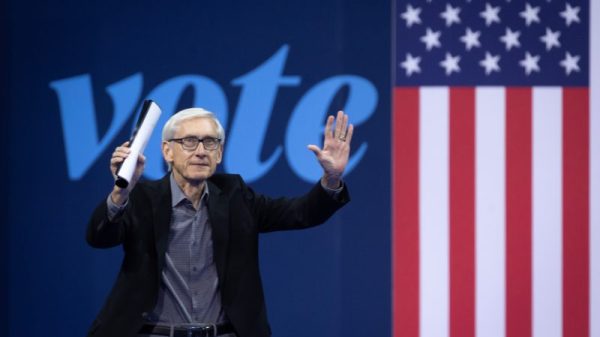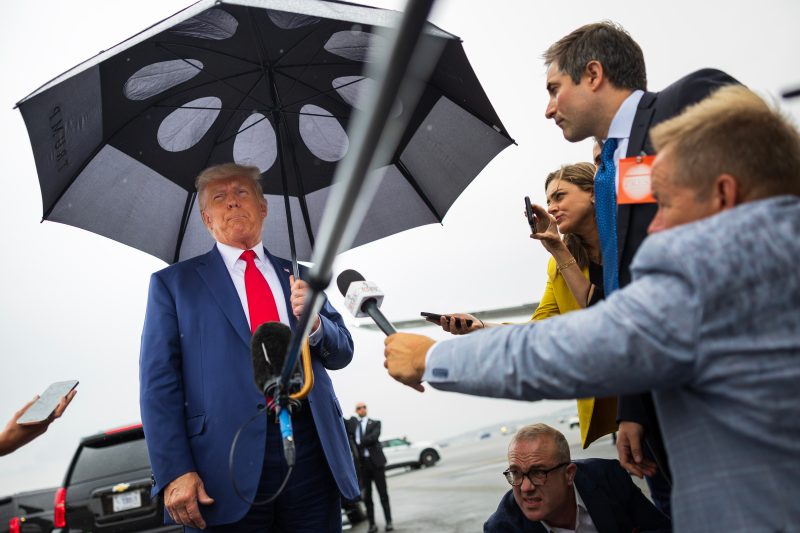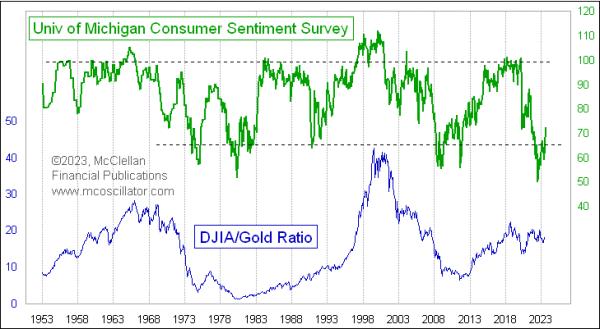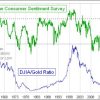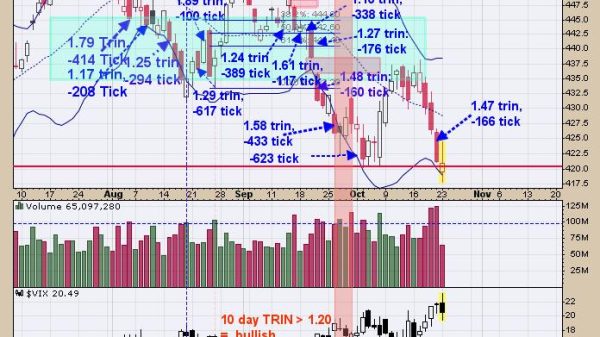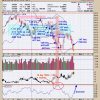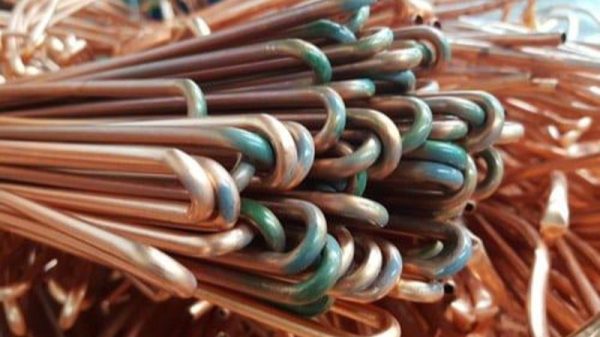Around 4:30 p.m. on Thursday, Donald Trump was issued a warning.
“I want to remind you it is a crime to intimidate a witness or retaliate against anyone for providing information about your case to the prosecution, or otherwise obstruct justice,” the magistrate judge said at Trump’s arraignment in the Jan. 6 case — the third since April in which he has been criminally indicted. “Do you understand these warnings, sir?”
Trump nodded yes. Then he swore that he would comply.
Not 24 hours later, the former president issued a warning of his own on his Truth Social platform: “IF YOU GO AFTER ME, I’M COMING AFTER YOU!”
And 24 hours after that, Trump directly disputed former vice president Mike Pence’s apparent testimony in the case, while calling Pence “delusional” and “not a very good person.” Trump did so a day before his lawyer appeared on national television and said that Pence would not only be a witness in the case, but “our best witness.”
Whether any of this might amount to the brand of witness tampering Trump was cautioned against is something we could soon learn more about.
What’s clear is that Trump has demonstrated an affinity for exploiting the haziness of these standards, while seemingly pressuring would-be witnesses against him. And his current actions are difficult to separate from what has come before.
After Trump’s Friday social media post, the government quickly cited it while seeking a protective order. While it did not accuse Trump of witness tampering and wasn’t seeking a gag order that would prevent Trump from publicly discussing the case, the government served notice that it will make an issue of public proclamations that could affect the case.
Trump’s campaign soon claimed that it wasn’t what the government made it out to be.
In an unsigned statement from a campaign spokesperson around midnight Saturday, it said the post was “in response to the RINO, China-loving, dishonest special interest groups and Super PACs, like the ones funded by the Koch brothers and the Club for No Growth.”
This is a difficult argument to square. For one thing, Trump, in the two hours before the Friday post, had been posting exclusively about his legal cases. For another, it’s not clear what news involving the Kochs or the Club for Growth might have drawn his ire.
Both a Charles Koch-linked group and the Club for Growth are funding efforts to defeat Trump. But the most recent major Koch headline had come five days earlier. And the most recent major news involving the Club for Growth is a month old.
Trump’s history here is also relevant.
During the House select committee’s investigation into the attack on the Capitol on Jan. 6, 2021, star witness Cassidy Hutchinson, an assistant to Trump’s former White House chief of staff Mark Meadows, described what she seemed to understand as an effort to influence her testimony.
“[A person] let me know you have your deposition tomorrow,” Hutchinson testified before the committee. She said the person told her Trump “wants me to let you know that he’s thinking about you.”
She added: “What they said to me is as long as I continue to be a team player, they know that I’m on the team, I’m doing the right thing, I’m protecting who I need to protect, you know, I’ll continue to stay in the good graces in Trumpworld. … And they have reminded me a couple of times that Trump does read transcripts and just keep that in mind as I proceed through my depositions and interviews with the committee.”
Hutchinson also described multiple Trump aides who discussed her prospects for future employment around this time. And she said a White House lawyer effectively urged her to not be forthcoming.
“It was almost like I felt like I had Trump looking over my shoulder,” Hutchinson testified. “Because I knew in some fashion it would get back to him if I said anything he would find disloyal. And the prospect of that genuinely scared me. You know, I’d seen this world ruin people’s lives or try to ruin people’s careers.”
In 2019, Trump tweeted an attack on former ambassador to Ukraine Marie Yovanovitch during her testimony to the House Intelligence Committee, which Yovanovitch called “very intimidating.” Even some Republicans were clearly uncomfortable with what Trump had done.
Possible witness tampering also figured heavily into the Russia investigation. Special counsel Robert S. Mueller III’s report noted at least five instances in which he suggested Trump’s actions might have met the threshold for charging obstruction of justice — including interactions with witnesses.
Mueller said there was evidence that Trump “used inducements in the form of positive messages in an effort to get [former personal lawyer Michael] Cohen not to cooperate.”
Mueller’s report said there was “substantial evidence” that Trump “acted for the purpose of influencing [White House counsel Don] McGahn’s account in order to deflect or prevent further scrutiny of the President’s conduct towards the investigation.”
Of former Trump campaign chairman Paul Manafort: “Evidence concerning the President’s conduct towards Manafort indicates that the President intended to encourage Manafort to not cooperate with the government.” The report also cited evidence that suggested Trump “intended Manafort to believe that he could receive a pardon,” which could have influenced Manafort’s level of cooperation.
The government later said Manafort did not comply with a cooperation agreement, lying repeatedly. It seemed like a bizarre decision on Manafort’s part given that it opened him up to more time in prison. But Trump did later pardon him.
Trump was shielded in that instance because he was a sitting president, and Justice Department guidelines say a sitting president shouldn’t be charged with crimes. What’s more, it’s difficult to prove witness tampering.
For example, how do you differentiate between Trump’s defending himself politically from charges leveled by an opponent in the 2024 presidential campaign, and Trump’s possible attempt to influence that opponent’s potential testimony against him in a criminal case? Pence, as part of his campaign for the Republican nomination, is now featuring the indictment’s allegation that Trump told him he was “too honest” when Pence declined to help him in his effort to overturn the 2020 election.
And how do you prove Trump was specifically sending a warning to those who might “GO AFTER ME” in legal proceedings against him, even as his entire body of commentary suggests that’s a message he’d be happy to have witnesses intuit.
If you’re the government or the judge presiding over the case, what do you do in such a scenario? A gag order would surely be used by Trump to accuse the government and the judge of violating his First Amendment rights, which is currently the core of his argument. Hence the government’s initially cautious approach. Failing to sanction actual witness tampering, however, seems to invite more of it.
Trump’s post-indictment commentary suggests that he is willing to gamble on an official response.





